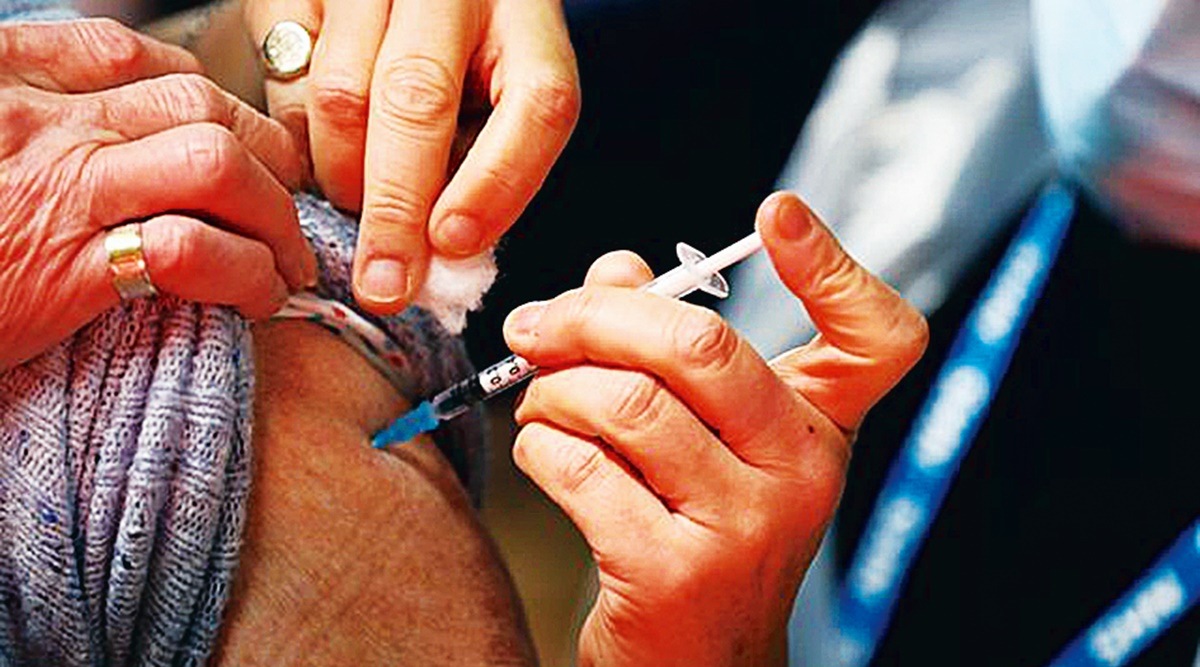 The issue of supply chain challenges was discussed at the online media conference.
The issue of supply chain challenges was discussed at the online media conference. The vaccine industry has called for immediate action needed to remove manufacturing supply barriers to meet production targets and keep on course to equitable and fair access to COVID-19 vaccines.
“We are on track to procure 10 billion doses, thanks to numerous manufacturing partnerships, including over 200 that involve technology transfer. However we will fail the world if trade barriers and export restrictions that hinder the movement of global supply of vaccine components during the manufacturing process are not resolved,” Thomas Cueni, Director General, International Federation of Pharmaceutical Manufacturers and Associations told an online media conference on Friday evening.
According to a recent World Bank report, this should be sufficient to achieve global equity in the distribution of vaccines and attain worldwide herd immunity by March 2022. This forecast is based on over 275 manufacturing deals that have been agreed to date coming on-line. Of these deals, 214 include various forms of partnership or collaboration that rely on technology transfer.
On the first anniversary of the ACT Accelerator, the 1 billion COVID-19 vaccine production milestone has been reached, Cueni said. The issue of supply chain challenges was discussed at the conference. According to the a World Bank report “How to End the COVID-19 Pandemic by March 2022” they were seeing shortages in the lipids that are used in mRNA vaccines; as well as tubing and the plastic bags that are used in the production process for many vaccines.
Sai Prasad Executive Director, Quality Operations, Bharat Biotech and President, Developing Countries Vaccine Manufacturers’ Network (DCVMN) said vaccine manufacturing is a long process as a batch from start to finish could take from 60 to 180 days depending upon the product the company and QC testing involved. If there is shortage of supplies in any stage of vaccine manufacturing, the impact would be severe three to four months down the line. Discussions are underway between countries at the diplomatic level and between our own suppliers in USA and Europe and between companies
There are no easy answers to these bottlenecks be it procuring a single use plastic bag or filter from US, Europe or China for example. There is no way that we could get that technology set up here and get it manufactured. “We really have to depend upon these companies that we have established long term partnerships and countries to enable the free flow of goods,” Prasad said when asked by the Indian Express about solutions to meet the crisis of shortage of raw materials in the manufacturing of Covid 19 vaccines.
Without naming USA, Prasad also raised concerns about vaccine nationalism. “If every country takes a similar stance that whatever we make in our country stays within the country then we don’t think we are anywhere closer to get out of the pandemic. We started with the premise that no one is safe until everyone is safe, hence no country can think that they can protect their population by these kinds of concepts and laws and not expect the virus to come back into the country again,” Prasad said. Policy makers need to take a serious view of this and better and cooler heads need to prevail, he pointed out.
The Biotechnology Innovation Organization (BIO), Developing Countries Vaccine Manufacturers’ Network (DCVMN) and the International Federation of Pharmaceutical Manufacturers and Associations (IFPMA) are all key players in the effort to scale up the manufacturing of COVID-19 vaccines and they have signed up as partners of Access to Covid 19 Tools (ACT) Accelerator last year and committed to fair and equitable access to COVID-19 vaccines.
Dr Michelle McMurry-Heath, President and CEO of Biotechnology Innovation Organisation said that the United States move on introducing Defence Production Act and withholding capacities and doses and raw materials to the customer base was misguided. “We need to get the raw materials out to – every corner of the world,” she said while Rajinder SuriCEO of DCVMN also said that a sustained amount of funding and investment would be required from global agencies even as manufacturing firms are ramping up capacities.
- The Indian Express website has been rated GREEN for its credibility and trustworthiness by Newsguard, a global service that rates news sources for their journalistic standards.

